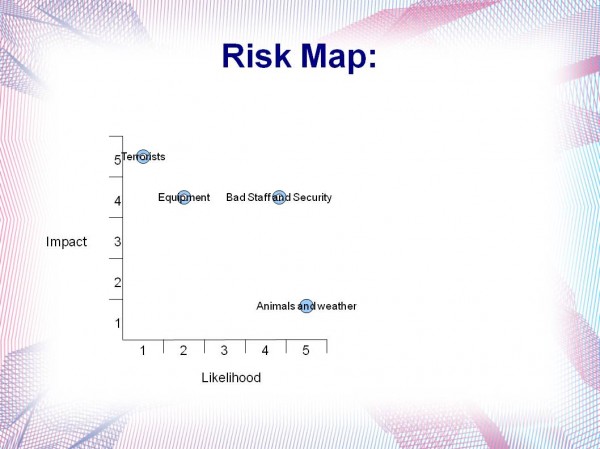Apps for Integrating Mobile Devices into Classroom Use and Campus Communications
Category:Cyberstalking,EDUCAUSE,Higher Education,Information Security,Infosec Communicator,mobile device,Privacy,Social NetworkingHow many of you are integrating mobile devices into classroom work? In addition to my role as Policy and Awareness Analyst, I teach a couple of classes, Cyber Self Defense and Effective Technical Communication.
We discuss secure use of mobile devices in the Cyber Self Defense class. We’ve also talked about potential attacks on mobile device users, especially as the devices are used more for bank account access and making payments. We discuss the potential pitfalls of location services. (As an infosec guy, I’m always focusing on the should not’s rather than the should’s.)
I haven’t really thought too much about integration into the Effective Technical Communication class.
I’m struggling with how to integrate mobile use into either classroom or distance learning. Our students can access some content from our LMS, but so far the functionality is limited. Any successful (or not successful) experiences? Any ideas?
Wearing my Policy and Awareness Analyst hat, one of our strategies in increasing security awareness is to take our message to where the students are. We created a Facebook page for RIT Information Security and have driven up the number of fans by having a drawing each fall for a $100 Barnes & Noble gift card and believe the effort has had some success. As more students use mobile devices, we’re going to want to be where they are as well. One of our HEISC Awareness and Training Working Group members suggested creating an app for security awareness. I know of a Google App for this, but I’d like to have something personalized for our institution.
Have any of you created mobile apps to integrate coursework or for other communications? Are you pushing information to the devices or are you relying on the students pulling the information? Have you found existing apps that you’ve found useful?
Lots of questions. Can anyone suggest some answers?
Ben Woelk
Co-chair, Awareness and Training Working Group
EDUCAUSE/Internet2 Higher Education Information Security Council
Policy and Awareness Analyst
Rochester Institute of Technology
https://security.rit.edu/dsd.html
Become a fan of RIT Information Security at https://rit.facebook.com/profile.php?id=6017464645
Follow me on Twitter: https://twitter.com/bwoelk
Follow my Infosec Communicator blog at https://benwoelk.wordpress.com
Please note that this blog entry is also posted as part of the EDUCAUSE Mobile Sprint #EDUSprint at https://ow.ly/4GFzf













